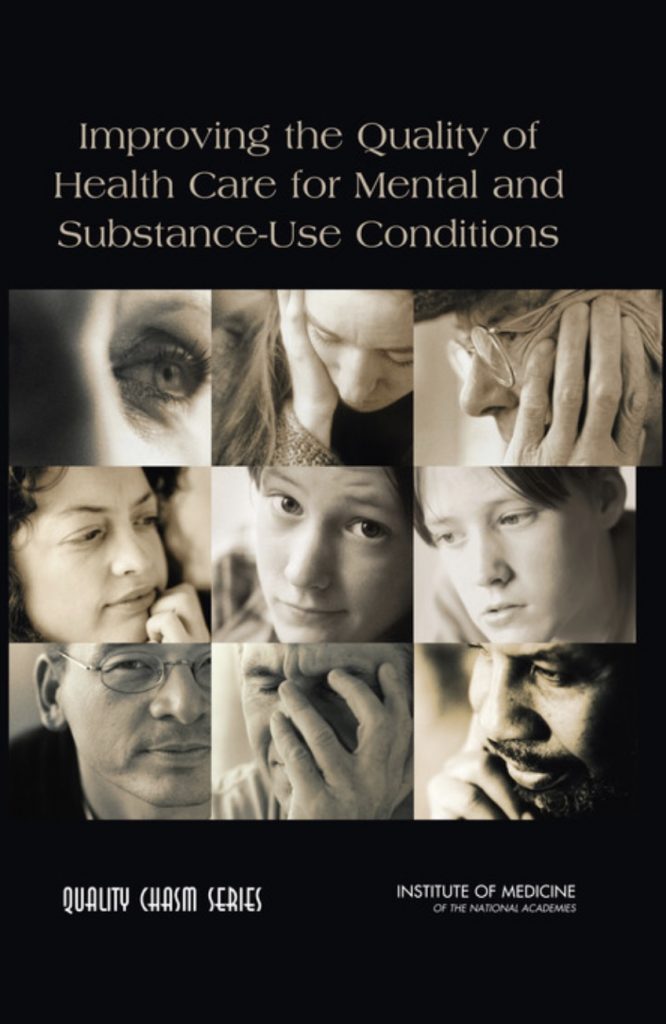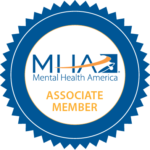Millions of Americans today receive health care for mental or substance-use problems and illnesses. These conditions are the leading cause of combined disability and death of women and the second highest of men. Effective treatments exist and continually improve. However, deficiencies in care delivery prevent many from receiving appropriate treatments. That situation has serious consequences. A previous IOM report, Crossing the Quality Chasm: A New Health System for the 21st Century (2001), put forth a strategy for improving health care overall. However, health care for mental and substance-use conditions has a number of distinctive characteristics. This report examines those differences, finds that the Quality Chasm framework is applicable to health care for mental and substance-use conditions, and describes a multifaceted and comprehensive strategy to do so. The strategy addresses issues pertaining to health care for both mental and substance-use conditions and the essential role that health care for both plays in improving overall health and health care. In doing so it details the actions required to achieve those ends-actions required of clinicians; health care organizations; health plans; purchasers; state, local, and federal governments; and all parties involved in health care for mental and substance-use conditions.


